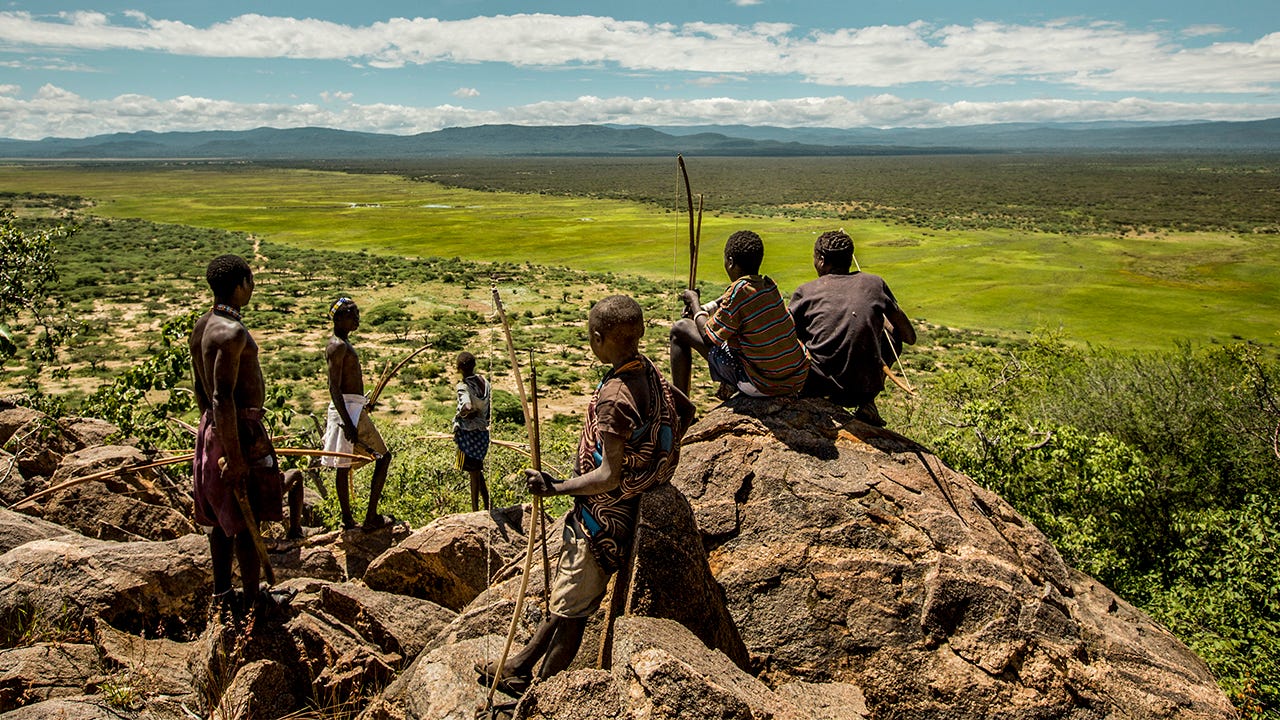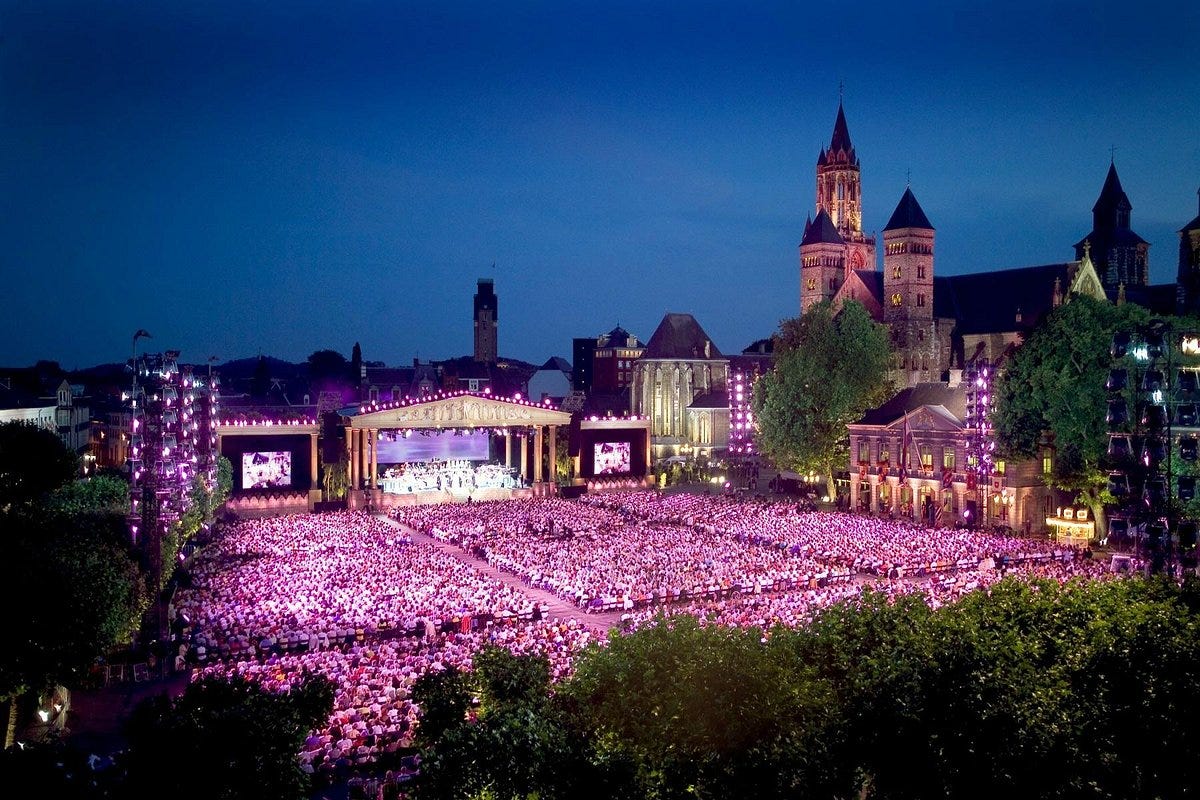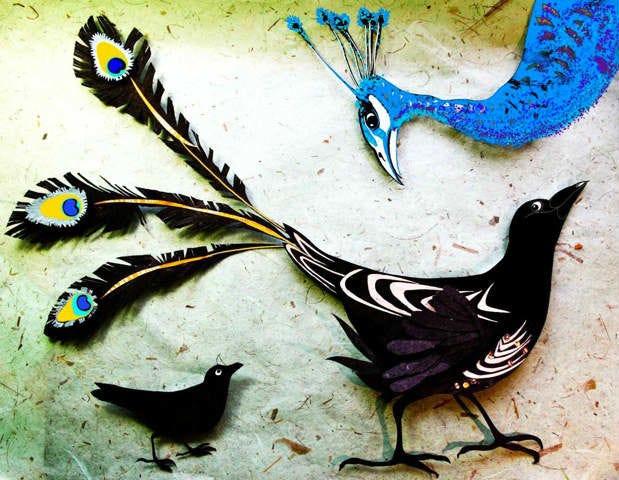Dear Everyone (paying, free, followers and friends):
Hello and Welcome!
Who are YOU?
Ever since I was in my teens, I have thought that I was a ‘hunter-gatherer’, whereas my siblings all seemed to be ‘settled cultivators’. For the first seven years of my life my parents had moved house six times and then became ‘settled’ for the next 10 years. Curiously they then had another flurry of four moves, before settling once again. I felt that the need for stability prompted my siblings to settle, whereas I was almost permanently nomadic. Recently there has been some Substack debate, regarding ADHD, and whether it should be considered a throwback to hunter-gatherer times, rather than a brain-wiring distortion. Should we think about hypervigilance in the same way? I will discuss these topics in more detail in a future Newsletter. Meanwhile, I rather like my earlier identity of hunter gatherer being affirmed, it certainly has its uses of seeking out safety and innovation! The first question that I get asked when I share my diagnosis of ADHD is ‘Are you on medication?’
Tomorrow I am off to Maastricht again to attend a new Andre Rieu concert in the Vrijthof Square. Apparently, they give out waterproof ponchos if it rains, which is thoughtful, so no umbrellas will obscure the view of others! (This reminds me of the performance of A Midsummer Night’s Dream, for which the stage was covered in a layer of slippery mud, and the first three rows were given plastic protection!) The visit also includes a tour of the 14th century castle where Rieu lives. So, plenty to report when I return.
Phew! The final, final edit of The Handbook of Neuro-Dramatic-Play is complete. What a rich collection of 17 chapters, from the many authors applying NDP in diverse settings. They range through people in all age groups, baby to older adult; and in many settings from open-air to school, jungle to orphanage, day-centre to prison, Greek island to community. I hope all chapter authors reading this will feel my deep appreciation for sharing your innovatory work and research. It could not have happened without your input. Added to which, we are blessed with a fine Foreword by Cathy Malchiodi and Afterword from Phil Jones. THANK YOU ALL!
And as always, I finish with a story, which I send you with love; it is a story about pride, self-centredness and rigidity. My thanks as always to the many cultures that allow us to share their stories.
The Peacocks and the Crow
In ancient times there was a very restless young crow. He did not wish to be with the other beautiful crows with their shiny black feather and bright orange beaks. He kept flying off on his own to new places. In one way he was adventurous, but he was also young and foolish. He was envious of everything he thought was nicer than himself. One day he flew over the grounds of a castle and there were several peacocks on the lawns. He thought they looked wonderful and muttered to himself that he wanted to be like them.
He flew down and took some feathers that had fallen out of the peacock’s tails and stuck them in his own tail before flying back to the other crows. The other crows mocked him and pushed him out of the way, saying ‘you are not a crow anymore.’
His beautiful feathers fell to the ground, and he felt very sad. Then a very old wise crow said to him, ‘Now let that be a lesson to you! Be proud of being who you are.’
You can use this story for group discussion about our identity. Peacocks and crows make lovely subjects for painting and collage.
There will be more about peacocks, the emblem of India in a future Newsletter.
Be kind to yourselves and keep playing!
Dr Sue
Remember, to enable us to celebrate this year’s International Day of Play, there is a 20% reduction on the NDP Diploma courses for applications made in June and July. So, we are looking forward to seeing you, wherever you reside!
Please too remember to check the website www.ndpltd.org for the most recent film about the Temiars; it is very informative, especially if you are thinking of attending the Jungle NDP course in April 2026 (where you can do the Basic Diploma, the Advanced Diploma, or the Trainers Certificate).







